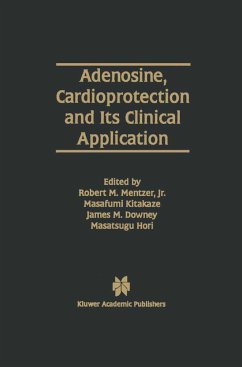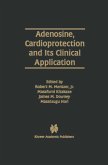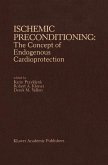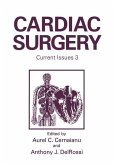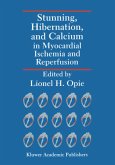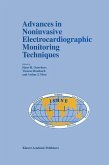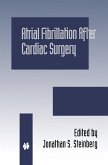It has been almost 15 years since the fIrst reports appeared indicating that adenosine exerted a .protective effect in ischemic and reperfused myocardium. Numerous experimental studies have shown that adenosine (both exogenous and endogenous adenosine) delays the onset of ischemic contracture, modulates myocardial metabolism during ischemia, attenuates reversible postischemic ventricular dysfunction (myocardial stunning), and reduces myocardial infarct size. Initial studies on adenosine's cardioprotective effect were based on its ability to stimulate postischemic ATP resynthesis, increase coronary blood flow, and reduce heart rate. Although these actions of adenosine are undoubtedly benefIcial to the ischemic/reperfused heart, it now appears that adenosine's cardioprotective effect may be exclusive of these properties. The immense growth in the number of articles on adenosine cardioprotection in the last several years has been related in large part to the hypothesis that adenosine plays a role in ischemic preconditioning. Ischemic preconditioning is the phenomenon in which a brief period of ischemia (and reperfusion) prior to a more prolonged occlusion reduces myocardial infarct size. This form of myocardial protection has received much interest because ischemic preconditioning has been shown to be the most potent means of reducing infarct size in all animal models thus far tested. In fact prior to studies implicating adenosine's role in ischemic preconditioning, adenosine's infarct reducing effect was not well recognized.
Bitte wählen Sie Ihr Anliegen aus.
Rechnungen
Retourenschein anfordern
Bestellstatus
Storno

